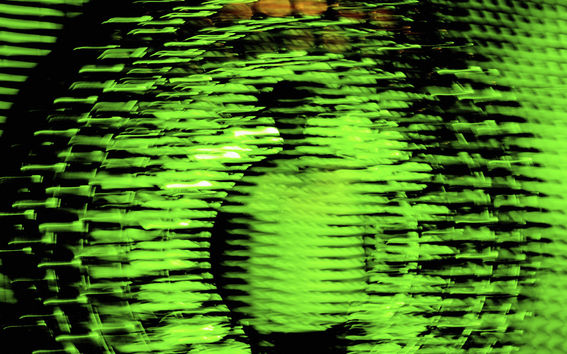Research shows that Finland's transition to remote working has gone well

Transitioning to remote working has aroused a wide range of feelings amongst workers in Finland. Most workers, particularly in the public sector, feel that they have switched well to remote working and are efficient, effective, and productive. However, a minority are still finding remote work cumbersome and socially isolating.
The data come from a national remote work survey conducted by the Fast Expert Teams networks, who are a multidisciplinary network of experts created during the corona crisis. The goal of the team is to bring together experts from different fields to solve complex problems digitally. Professor Kirsimarja Blomqvist of LUT University acts as the network leader. The network includes Professor Matti Vartiainen from Aalto university's department of Industrial Engineering and Management.
The experiences of Finnish employees about switching to remote work were studied using an online survey. A total of 5,450 people responded, of whom 3,155 were from the public sector. The average age of the respondents was 45 years and 68% of them were women. About 40% of respondents had children under the age of 18 at home. The survey was conducted from March 26 to April 15.
Almost every respondent switched to remote work
97% of the respondents had switched to remote work or increased remote working. Prior to the crisis, about 70% of respondents had not worked remotely or at most one day a week.
Overall, 65% of respondents were satisfied with remote working, 54% were satisfied with their own productivity and 42% with their work-life balance. 66% thought there were fewer interruptions and disruptions in teleworking than in the workplace. 72% of respondents felt they could focus on their work as well or better than in the workplace.
Having a study room or own workstation clearly made it easier for respondents to focus on work.
Teleworkers needed co-workers
Some employees found remote working awkward, inefficient, and socially isolating. The experience was influenced by conditions in their home and the nature of their work.
Remote workers also miss their co-workers. 74% of the respondents felt negative about being separated from their colleagues. More than half of the respondents (54%) felt isolated and longed for co-workers (56%).
Teleworking will become more common in the future
Researchers in the Fast Expert Teams network believe that remote working will become more common after the corona crisis. It is therefore important to develop teleworking conditions in the workplace and to train employees on how technology can be used for different work tasks in an appropriate way.
In the future, the study will look specifically at employees who had little previous experience of working remotely, as well as employees who do demanding teamwork remotely.
Remote working? Help by answering a new survey.
Responses are widely sought from different employee sectors from all employees who have done or are doing telework during the coronary crisis. The survey is open until 22 May 2020 and can be answered in both Finnish and English. You can take the survey here.
The Fast Expert Teams network includes experts from LUT University, Aalto University, University of Jyväskylä, University of Eastern Finland, University of Tampere, National Institute of Occupational Health, Technology Research Center VTT, Sitra Lab, Academy of Sciences, Gofore, Howspace, Humap Consult , Solved, the Häme Association and the Ministry of Employment and the Economy, the Ministry of Finance and the Ministry of Transport and Communications.
More information
You can read the results of the survey here
Contact
Professor Kirsimarja Blomqvist
LUT University
kirsimarja.blomqvist@lut.fi
Professor Matti Vartiainen
Aalto University
matti.vartiainen@aalto.fi
Read more news

Apply Now: Unite! Visiting Professorships at TU Graz
TU Graz, Austria, invites experienced postdoctoral researchers to apply for two fully funded visiting professorships. The deadline for expressions of interest is 20 February 2026, and the positions will begin on 1 October 2026.
Hanaholmen’s 50th anniversary exhibition lives on online – making the history of Finnish–Swedish cooperation accessible worldwide
MeMo Institute at Aalto University has produced a virtual 3D version of the anniversary exhibition of Hanaholmen.
Environmental Structure of the Year 2025 Award goes to Kalasatama-Pasila tramway
The award is given in recognition of meritorious design and implementation of the built environment. Experts from Aalto University developed sustainability solutions for the project.






